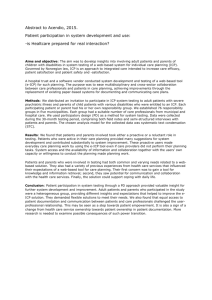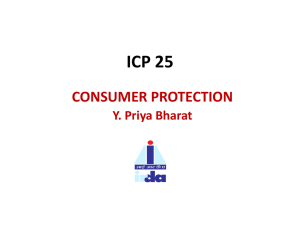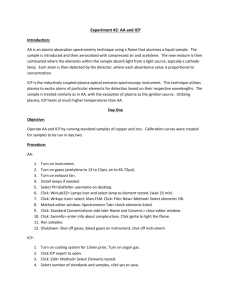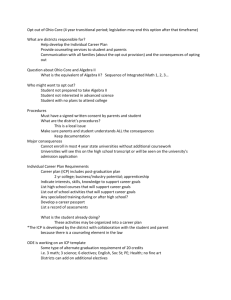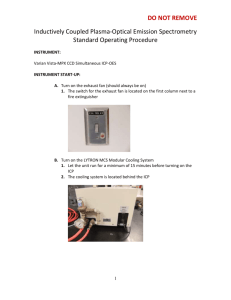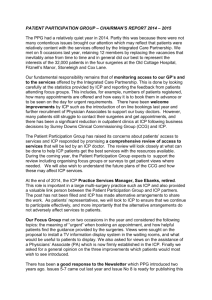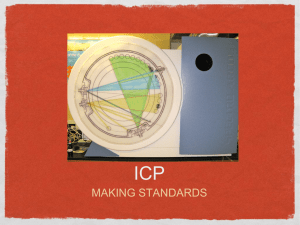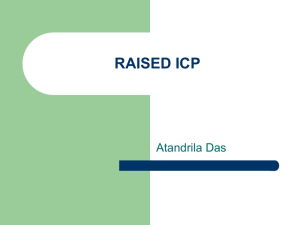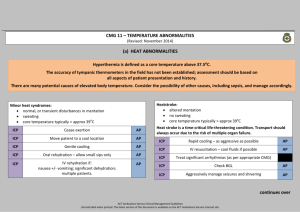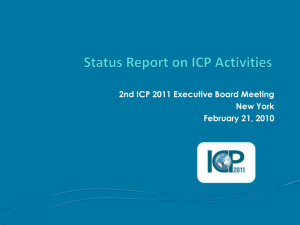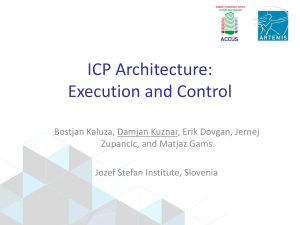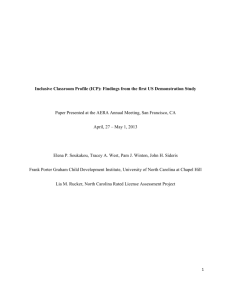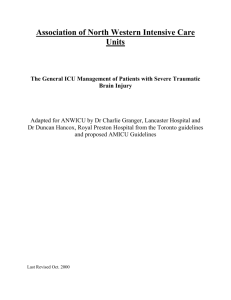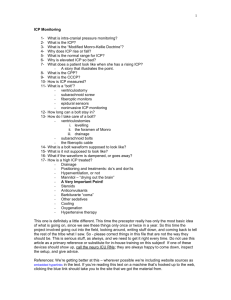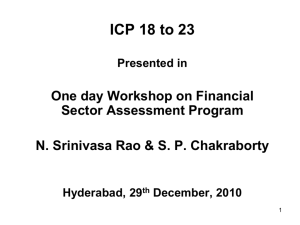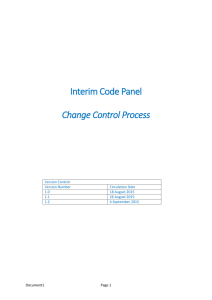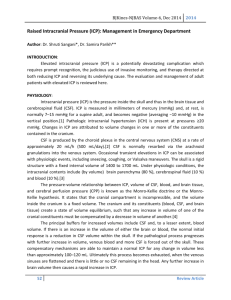Inclusive Classroom Profile - 2016 Early Childhood Inclusion Institute
advertisement
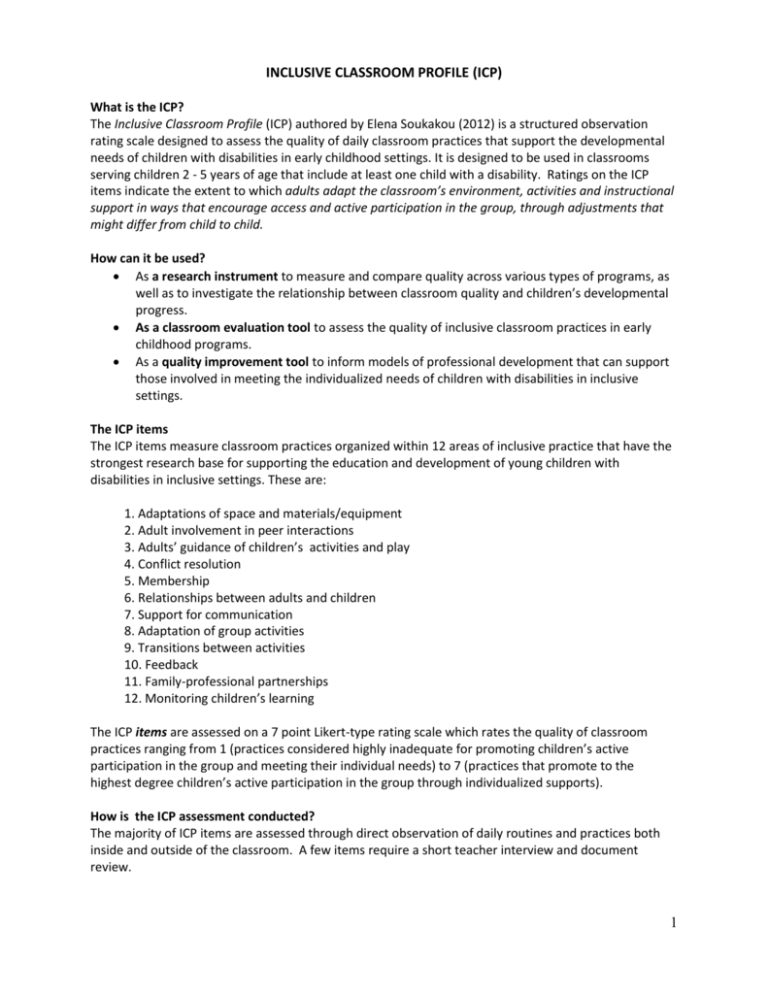
INCLUSIVE CLASSROOM PROFILE (ICP) What is the ICP? The Inclusive Classroom Profile (ICP) authored by Elena Soukakou (2012) is a structured observation rating scale designed to assess the quality of daily classroom practices that support the developmental needs of children with disabilities in early childhood settings. It is designed to be used in classrooms serving children 2 - 5 years of age that include at least one child with a disability. Ratings on the ICP items indicate the extent to which adults adapt the classroom’s environment, activities and instructional support in ways that encourage access and active participation in the group, through adjustments that might differ from child to child. How can it be used? As a research instrument to measure and compare quality across various types of programs, as well as to investigate the relationship between classroom quality and children’s developmental progress. As a classroom evaluation tool to assess the quality of inclusive classroom practices in early childhood programs. As a quality improvement tool to inform models of professional development that can support those involved in meeting the individualized needs of children with disabilities in inclusive settings. The ICP items The ICP items measure classroom practices organized within 12 areas of inclusive practice that have the strongest research base for supporting the education and development of young children with disabilities in inclusive settings. These are: 1. Adaptations of space and materials/equipment 2. Adult involvement in peer interactions 3. Adults’ guidance of children’s activities and play 4. Conflict resolution 5. Membership 6. Relationships between adults and children 7. Support for communication 8. Adaptation of group activities 9. Transitions between activities 10. Feedback 11. Family-professional partnerships 12. Monitoring children’s learning The ICP items are assessed on a 7 point Likert-type rating scale which rates the quality of classroom practices ranging from 1 (practices considered highly inadequate for promoting children’s active participation in the group and meeting their individual needs) to 7 (practices that promote to the highest degree children’s active participation in the group through individualized supports). How is the ICP assessment conducted? The majority of ICP items are assessed through direct observation of daily routines and practices both inside and outside of the classroom. A few items require a short teacher interview and document review. 1 Ratings on each item represent the quality of observed practices implemented to support the participation of children with disabilities in the classroom in the context of daily activities and peer interactions. An ICP assessment requires approximately 3 hours of observation. It is recommended that users receive appropriate training prior to using the measure formally. Information on training can be obtained by contacting the author of the rating scale. References Soukakou, E. P. (2012). Measuring quality in inclusive preschool classrooms: Development and validation of the Inclusive Classroom Profile (ICP). Early Childhood Research Quarterly, 27(3), 478-488. For more information on the ICP and training program go to http://npdci.fpg.unc.edu/measuring quality-inclusion-inclusive classroom-profile 2
